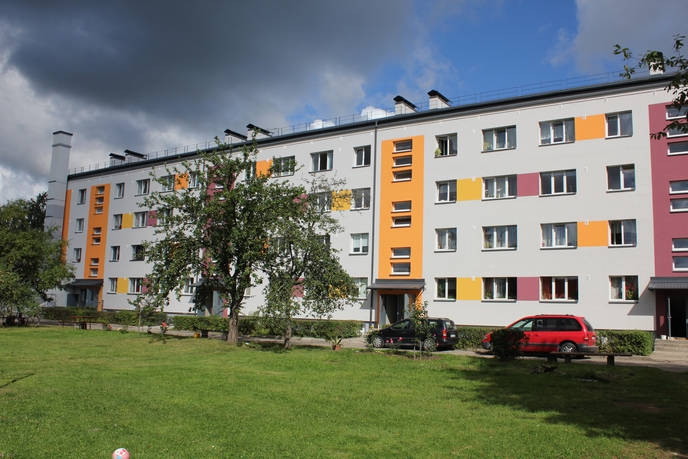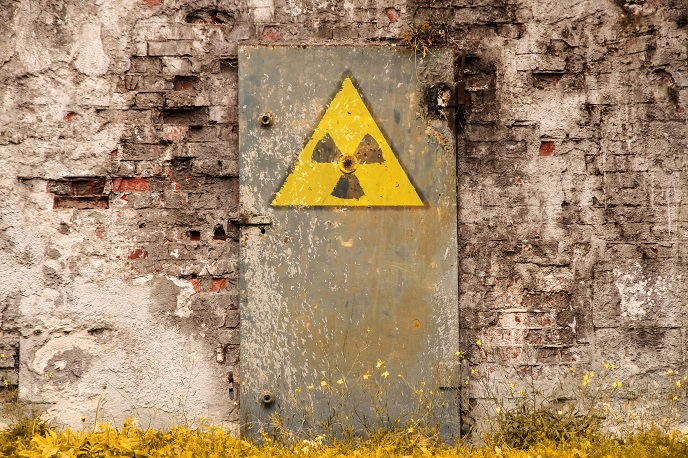Tools to help small businesses increase energy efficiency
Energy audits can help small and medium-sized enterprises (SMEs) transition to increased energy efficiency, providing energy consumption data and analysis to help identify the necessary adjustments, while facilitating cost/benefit calculations. The EU-supported INNOVEAS project has developed strategies to inform, motivate and support SMEs in their energy transition efforts. This included the development of a capacity building programme, implemented in six European countries, which engaged 704 SMEs and 1 431 stakeholders. “We achieved energy savings for SMEs of between 11 % and 25 %, equating to a reduced carbon footprint of between 300 tons and 1 000 tons per year,” says project coordinator Luisa Sileni from the Institute for Vocational Training of Construction Workers, Bologna, the project host.
Engaging SMEs
Owing to the diversity of European SMEs, INNOVEAS first conducted analysis into their attitudes towards energy efficiency, as well as into the non-technical barriers to energy audits. “With the daily concerns of running a business, the majority of SMEs appear less concerned with energy efficiency from an environmental point of view; innovative environmental SMEs were a minority,” explains Patrick Crehan, project member. The obstacles to conducting energy audits cited by SMEs included: a lack of qualified staff able to understand the technical aspects of an audit, financial constraints, a lack of information and concerns about practical implications. Armed with this analysis, each project partner tailored their invitation to SMEs in their country – Germany, Italy, Poland, Slovenia and Spain – to receive free training. “The effort required to get SMEs on board was considerable. One partner reported that its SME awareness campaign got a response of under 1 %,” remarks Sileni.
Capacity building training
The project’s modular training programme was targeted at companies in the construction, chemical and food processing sectors, alongside other stakeholders such as policymakers, financial institutions and auditors. The format included: 35 best practice videos (viewed 11 900 times); in situ training for small SME groups, providing details on the practicalities and economics of energy audits; and consultancy to individual companies, including an energy pre-audit. These activities were delivered with the help of suitably qualified external energy consultants, with the training material accessible through the INNOVEAS training platform. “The project partners developed and provided 49 courses to 327 companies, and the training overall resulted in 1 550 energy efficiency activities,” Sileni notes.
Enabling change at pace and scale
The project’s experience of trying to engage SMEs in energy efficiency activities taught them the value of new narratives, while cultivating collaborative business networks. On the first point, as Sileni explains, “We developed narratives that included social responsibility, encouraging thinking beyond pure economics, highlighting how SMEs can contribute to the net zero targets of larger companies or public institutions, as part of their supply chains.” For example, in Italy, SMEs were interested in becoming prosumers, producing their own energy and releasing surplus back to the grid to benefit the local community. Regarding networking, through INNOVEAS, a Memorandum of Understanding for a business alliance, alongside a work plan, has been agreed. Involving project partners initially, the alliance will now expand to include local industrial associations, energy auditors, major electrical and energy companies and academia. As well as collaborating over funding opportunities and promoting Europe-wide initiatives, the alliance will continue the work of INNOVEAS at pace and scale. “The alliance will also be a bridge between auditors and buyers of their services, developing activities similar to a skills council,” adds Sileni.
Keywords
INNOVEAS, construction, energy audit, social responsibility, SME, energy efficiency, supply chain, net zero







